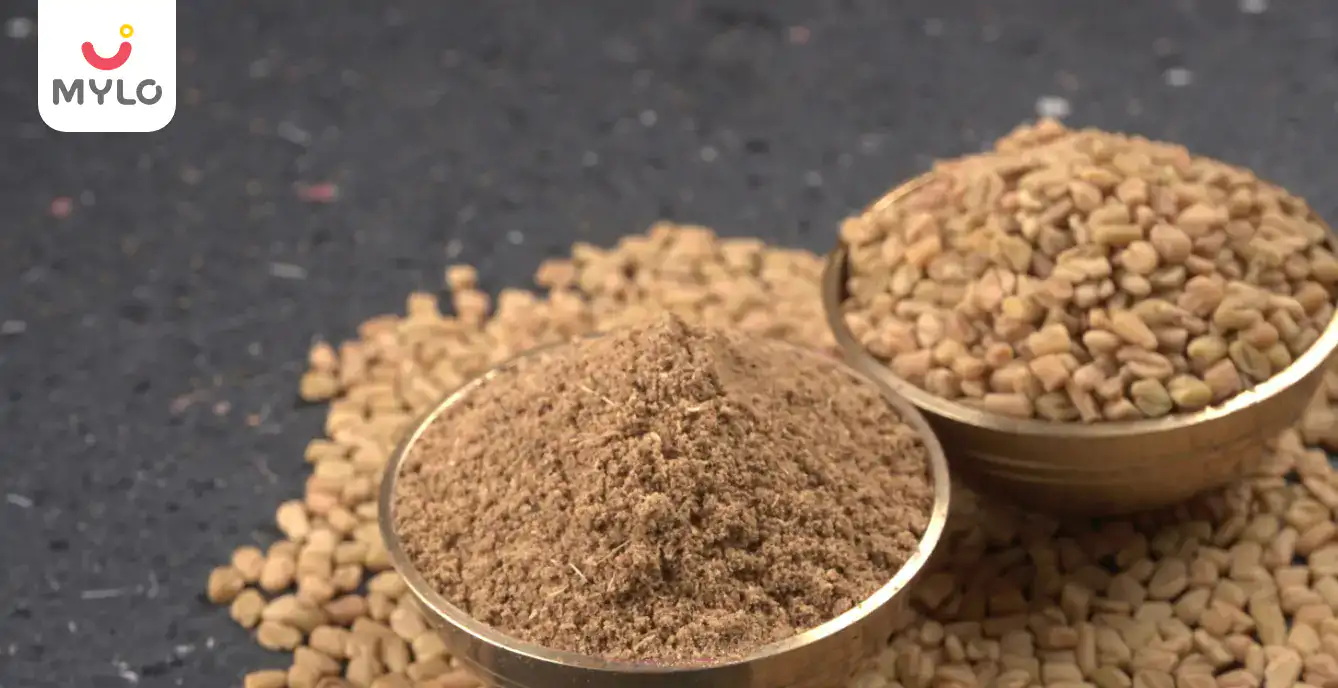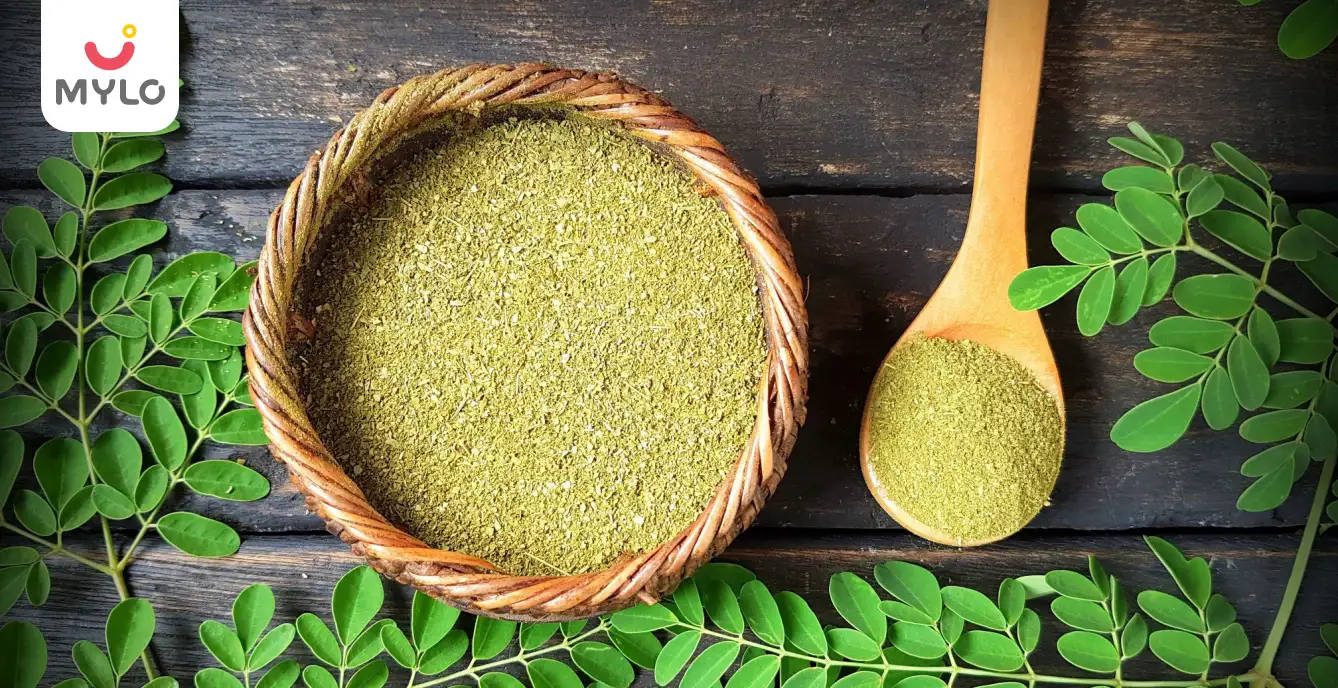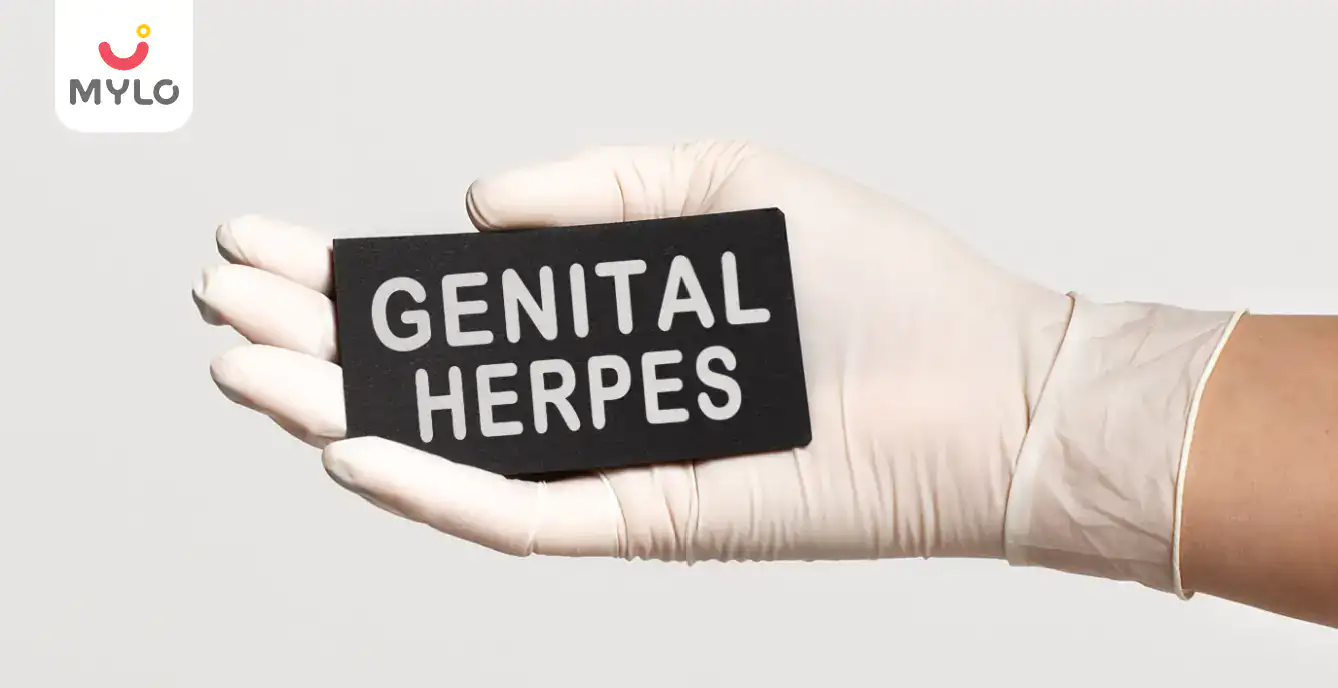Home

Symptoms of Low AMH to Watch Out For: A Health Alert for Women Trying to Conceive
In this Article

Symptoms of Low AMH to Watch Out For: A Health Alert for Women Trying to Conceive
Updated on 8 June 2023



Medically Reviewed by
Dr. Shruti Tanwar
C-section & gynae problems - MBBS| MS (OBS & Gynae)
View Profile

Are you on a journey to conceive? It's an exciting and sometimes challenging path that brings hope and anticipation. As you walk down this road, you must be aware of your reproductive health and understand the signs your body may give you. One essential aspect to watch is symptoms of low AMH (Anti-Mullerian Hormone). Low AMH levels can provide valuable insights into your fertility potential.
In this article, we will dive into the symptoms, causes and implications of low AMH levels, arming you with knowledge and empowering you to make informed decisions on your path to motherhood.
What are Low AMH Levels?
Low Anti-Mullerian Hormone (AMH) levels refer to a hormonal imbalance that can significantly affect a woman's fertility. AMH is a hormone produced by the ovaries, and its levels are an essential indicator of ovarian reserve, which is the quantity and quality of eggs a woman has remaining.
When AMH levels are low, it suggests a diminished ovarian reserve and may indicate a reduced number of viable eggs. This can affect a woman's ability to conceive naturally and may require additional assistance in achieving pregnancy. Understanding the concept of low AMH levels is crucial for women who are planning to conceive or explore fertility treatments.
What are the Symptoms of Low AMH?
The signs of low AMH levels and reduced ovarian reserve include:
- Irregular menstrual cycles
- Difficulty conceiving
- Decreased response to fertility treatments
- Early menopause
- Age-related fertility decline
It's important to note that these are not only symptoms of low AMH levels and can be caused by various other factors. Consulting with a healthcare professional and undergoing appropriate fertility testing can help identify the underlying cause and guide personalized treatment options.
You may like: Low AMH Treatment: Finding the Right Approach for Your Unique Needs
Reasons for Low AMH
Low AMH levels can be influenced by various factors, including:
1. Age
One of the primary reasons for low AMH levels is advancing age. As women age, the number and quality of their eggs naturally decline, leading to reduced ovarian reserve and lower levels of AMH.
2. Ovarian surgery or medical treatments
Certain surgeries, such as ovarian cyst removal or ovarian tumor resection, can impact ovarian function and reduce AMH levels. Specific medical treatments like chemotherapy or radiation therapy can also affect the ovaries and lower AMH production.
3. Genetic factors
Some genetic conditions, such as Turner syndrome or Fragile X syndrome, can be associated with low AMH levels and diminished ovarian reserve.
4. Autoimmune disorders
Certain autoimmune conditions, such as autoimmune oophoritis or Hashimoto's thyroiditis, can cause inflammation and damage to the ovaries, leading to decreased AMH levels.
5. Polycystic ovary syndrome (PCOS)
While PCOS is commonly associated with high AMH levels, in some cases, it can also result in low AMH levels due to abnormal follicle development and reduced egg quality.
6. Premature ovarian insufficiency (POI)
POI is characterized by the loss of normal ovarian function before age 40. It can be a cause of low AMH levels and early menopause.
You may like: Laparoscopy In Gynecology
How can Low AMH Levels Affect the Chances of Getting Pregnant?
Low AMH levels can significantly impact a woman's chances of getting pregnant. Since AMH reflects the ovarian reserve and the number of eggs remaining in the ovaries, low levels indicate a diminished ovarian reserve. Here's how low AMH levels can affect fertility:
1. Reduced egg quantity
Low AMH levels indicate a decreased number of eggs in the ovaries. With fewer eggs available, the chances of successful fertilization and conception are lower.
2. Impaired egg quality
In addition to a reduced quantity of eggs, low AMH levels can also be associated with decreased egg quality. Poor egg quality can lead to fertilization, implantation, and overall embryo development difficulties.
3. Increased risk of infertility
Women experiencing symptoms of low AMH levels may face challenges in achieving pregnancy naturally. It may take longer to conceive, and the likelihood of needing fertility treatments such as in vitro fertilization (IVF) or other assisted reproductive techniques may be higher.
4. Increased risk of early menopause
Low AMH levels may be indicative of an accelerated decline in ovarian function. This can result in early menopause, where a woman stops menstruating and loses the ability to conceive earlier than expected.
5. Decreased response to fertility treatments
Women with low AMH levels may have a decreased response to ovarian stimulation medications when undergoing fertility treatments such as IVF. This can make it more challenging to retrieve an adequate number of mature eggs for fertilization.
Can You Have Low AMH But Regular Periods?
Yes, it is possible to have low AMH levels but still have regular menstrual periods. AMH (Anti-Müllerian Hormone) is a hormone secreted by the cells in the ovarian follicles, which are the structures that contain the eggs. It serves as a marker of ovarian reserve and reflects the number of eggs remaining in the ovaries.
While low AMH levels indicate a diminished ovarian reserve and a reduced number of eggs, they do not necessarily affect the regularity of menstrual cycles. Menstrual regularity is primarily influenced by other hormones, such as estrogen and progesterone, which are produced by the ovaries and regulate the menstrual cycle.
How are Low AMH Levels Diagnosed?
Identifying the symptoms of low AMH can help you nudge in the right direction which is diagnosis and treatment. A blood test can diagnose low AMH (Anti-Müllerian Hormone) levels. The blood test is typically performed on specific days of the menstrual cycle, usually between day two and day 5. This timing allows for a more accurate assessment of the ovarian reserve.
A healthcare professional will draw a blood sample during the blood test, usually from a vein in your arm. The sample is then sent to a laboratory for analysis. The laboratory measures the level of AMH in the blood to determine the ovarian reserve.
Low AMH Treatment
The treatment for low AMH depends on individual circumstances and goals. While low AMH levels indicate decreased ovarian reserve, it does not necessarily mean pregnancy is impossible. Several approaches can be considered:
1. Assisted Reproductive Techniques (ART)
In vitro fertilization (IVF) is a standard treatment option for women with low AMH levels. It involves stimulating the ovaries with fertility medications to produce multiple eggs, which are then retrieved and fertilized in a laboratory. The resulting embryos are then transferred to the uterus.
2. Ovarian Stimulation
In some cases, ovarian stimulation with fertility medications may be recommended to increase the number of available eggs for fertilization. This approach can be used with natural conception or other fertility treatments.
3. Donor Eggs
If the ovarian reserve is severely diminished, using donor eggs from a healthy, young donor may be an option. This increases the chance of success during IVF or other fertility treatments.
4. Lifestyle Modifications
Making specific lifestyle changes can support overall reproductive health. This includes maintaining a healthy weight, eating a balanced diet, managing stress levels, avoiding smoking and excessive alcohol consumption, and exercising regularly.
You may like : Moringa Powder: The Superfood You Need in Your Diet for a Healthy Lifestyle
Closing Thoughts
In conclusion, AMH (Anti-Müllerian Hormone) is an important marker of ovarian reserve and fertility potential in women. An awareness of the symptoms of low AMH, its causes and implications on fertility can help women seek early intervention. With the advancements in assisted reproductive techniques and personalized treatment options, many women with low AMH levels can still achieve their dream of becoming parents.
References
1. Moolhuijsen, L. M. E., & Visser, J. A. (2020). Anti-Müllerian Hormone and Ovarian Reserve: Update on Assessing Ovarian Function. The Journal of Clinical Endocrinology & Metabolism
2. Oh, S. R., Choe, S. Y., & Cho, Y. J. (2019). Clinical application of serum anti-Müllerian hormone in women. Clinical and Experimental Reproductive Medicine





Medically Reviewed by
Dr. Shruti Tanwar
C-section & gynae problems - MBBS| MS (OBS & Gynae)
View Profile


Written by
Madhavi Gupta
Dr. Madhavi Gupta is an accomplished Ayurvedic doctor specializing in Medical content writing with an experience of over 10 years.
Read MoreGet baby's diet chart, and growth tips

Related Articles
Related Questions
Influenza and boostrix injection kisiko laga hai kya 8 month pregnancy me and q lagta hai ye plz reply me

Hai.... My last period was in feb 24. I tested in 40 th day morning 3:30 .. That is faint line .. I conculed mylo thz app also.... And I asked tha dr wait for 3 to 5 days ... Im also waiting ... Then I test today 4:15 test is sooooo faint ... And I feel in ma body no pregnancy symptoms. What can I do .

Baby kicks KB Marta hai Plz tell mi

PCOD kya hota hai

How to detect pcos

RECENTLY PUBLISHED ARTICLES
our most recent articles

Medical Procedures
Hysteroscopy: Everything You Need to Know About This Minimally Invasive Procedure

Ayurveda & Homeopathy
Dalchini: How This Herb Can Make Way From Your Spice Rack to Your Medicine Cabinet

Health & Wellness
Fenugreek Powder: Health Benefits of Fenugreek From Your Kitchen to Your Medicine Cabinet

Lifestyle
Moringa Powder: The Superfood You Need in Your Diet for a Healthy Lifestyle

Illnesses & Infections
Genital Herpes: Causes, Symptoms, Risks & Treatment

Ayurveda & Homeopathy
Ashokarishta: All You Need to Know About This Miracle Tonic for Women
- 10 Amazon Prime Movies to Look Forward to in 2023
- 10 Best Netflix Movies to Watch Out For in 2023
- Fertility Yoga: A Natural Solution to Boost Your Chances of Conception
- How to Get Regular Periods Naturally: Ayurvedic Herbs, Lifestyle Changes & Homeopathy
- Lodhra: The Wonder Herb for Women's Health
- Malabsorption Syndrome: Types, Causes, Symptoms, & Treatment
- Top 10 Short Bedtime Stories for Kids
- RH Incompatibility in Pregnancy - Causes, Symptoms & Treatments
- Patent Ductus Arteriosus (PDA) Symptoms & Treatment
- Why Babies Cry After Birth?
- IVF Process Step by Step Timeline: What to Expect During Your Fertility Journey
- Tracheoesophageal Fistula: Causes, Symptoms, Risks & Treatment
- Stillbirth: Cause, Symptoms, Risks & Prevention
- Giant Congenital Melanocytic Nevus: Causes, Symptoms, & Treatment


AWARDS AND RECOGNITION

Mylo wins Forbes D2C Disruptor award

Mylo wins The Economic Times Promising Brands 2022
AS SEEN IN
















- Mylo Care: Effective and science-backed personal care and wellness solutions for a joyful you.
- Mylo Baby: Science-backed, gentle and effective personal care & hygiene range for your little one.
- Mylo Community: Trusted and empathetic community of 10mn+ parents and experts.
Product Categories
baby carrier | baby soap | baby wipes | stretch marks cream | baby cream | baby shampoo | baby massage oil | baby hair oil | stretch marks oil | baby body wash | baby powder | baby lotion | diaper rash cream | newborn diapers | teether | baby kajal | baby diapers | cloth diapers |




